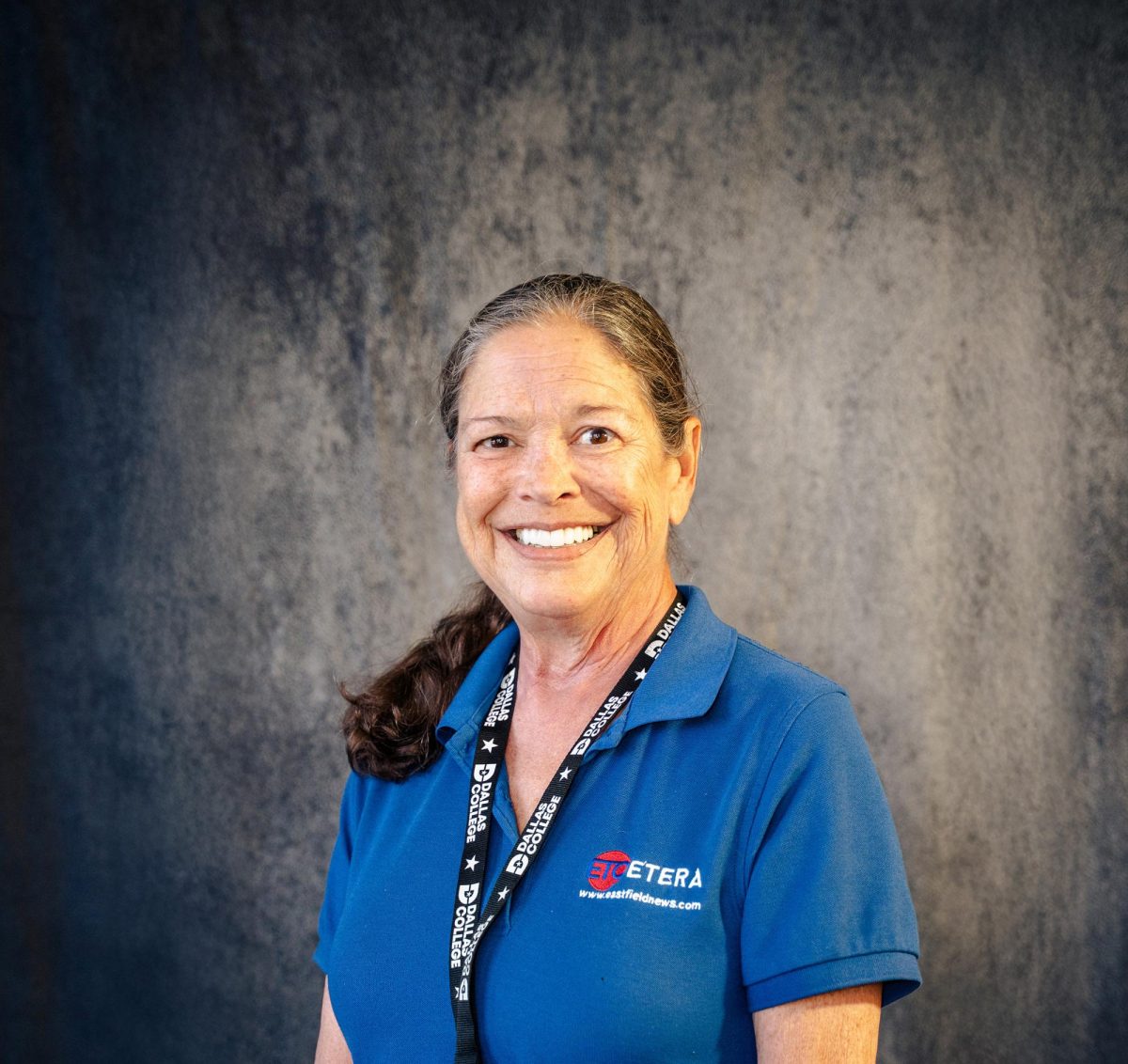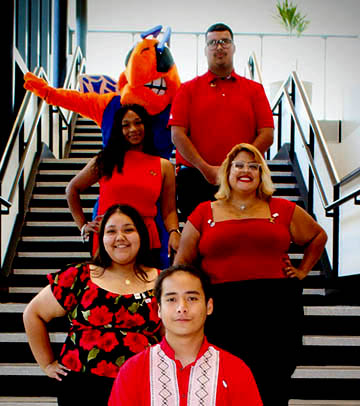Eastfield students are known for their dedication and informed decision-making. Some are always looking to improve their financial savvy.
No matter your interests, this guide will go over some important points about the Free Application for Federal Student Aid (FAFSA).
FAFSA is the crucial, no-cost tool everyone should apply to. Doing so “unlocks various financial aid options like grants, scholarships, work-study and federal loans,” Ta’lor Oliver, a senior financial literacy coach at Eastfield, said. If financial aid does not cover all educational expenses, students can apply for scholarships, submit an emergency aid application through the Student Care Network and explore work-study job opportunities with more ease.

The Department of Education encourages all students to act now by creating an FSA ID (if they haven’t done so already). Make sure to have your Social Security number, driver’s license (if applicable) and tax documents ready. If the student is a dependent, they will also need a parent with an FSA ID and their parents’ tax information.
You can complete the FAFSA form and create an FSA ID at https://fafsa.gov. Choose Dallas College El Centro (this applies to all campuses) for a school to send your information to, and you are all set.
“The average financial aid a student receives can vary greatly based on factors such as financial need, family income, dependency status and the cost of attendance at Dallas College. If a student would like to explore their eligibility, we encourage them to speak with our office,” Oliver said.
Additionally, if a student’s Satisfactory Academic Progress (SAP) falls below the required standard of 67%, it raises a concern. An advisor explained that if a current student does not achieve a completion rate of at least 67% by the end of their term and has a GPA below 2.0, they will be placed on warning status. This means that if the student fails to meet the minimum requirements during the warning semester, they will not be eligible to receive financial aid.
“If students are having difficulty in their classes or are considering dropping a course, they should consult with the financial aid office,” Oliver said.
Oliver also said that students need to communicate with the financial aid office if there are changes in their program of study. This is crucial to avoid any reduction or loss of financial aid. Financial aid is usually awarded based on a student’s enrolled program. “Timely communication with the financial aid office is essential to avoid any disruptions in their funding,” Oliver added.
With a program maximum of 90 attempted credit hours for financial aid eligibility, students need to plan their steps carefully. If a student decides to change their program of study, it is critical that they let financial aid know to ensure they get the full benefit of their financial aid package.
To make further and better-informed decisions, attend financial aid help sessions or request to meet with an advisor in B102. The financial aid staff are trained to help and will make sure you have everything you need. No question is a silly one, and they will gladly assist you. They just want each student to succeed, and not be hindered by the cost of an education. Don’t wait until the last minute though, as appointments can fill up quickly around deadlines and walk-in waits will be longer just before the start of a new semester.
Thanks to Dallas College’s competitive prices, financial aid packages may cover most or all of your tuition, but only if you remember to fill out a FAFSA form every year and update your program of study if it changes.
The FAFSA for 2025-2026 is currently open and all students should complete the form to ensure they don’t leave any money on the table. Processing for the FASFA, once submitted, can take several months so the sooner you complete this crucial step the better. Even if you feel like you’re too late, be sure to fill out your FASFA. Late is better than never.







